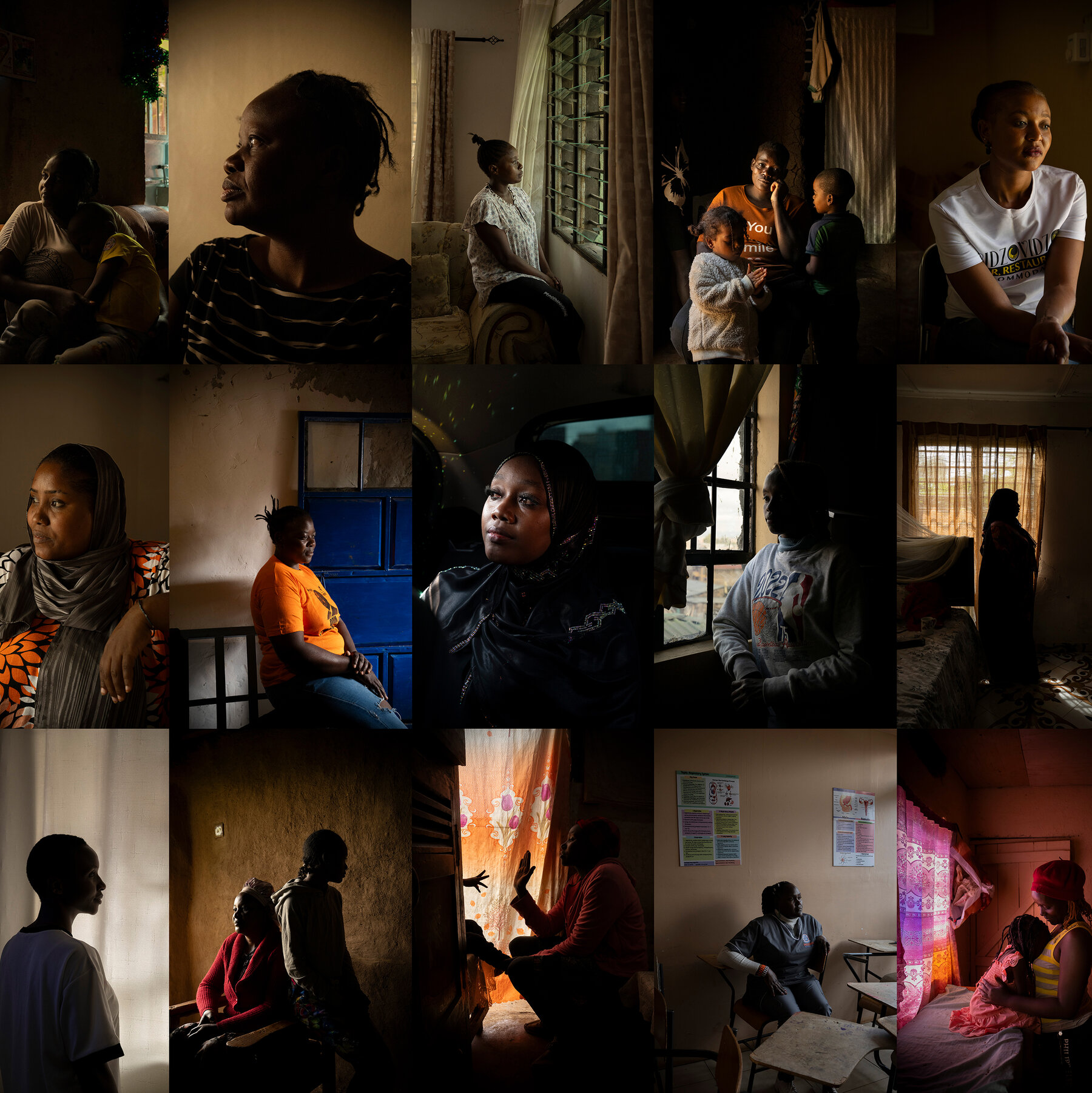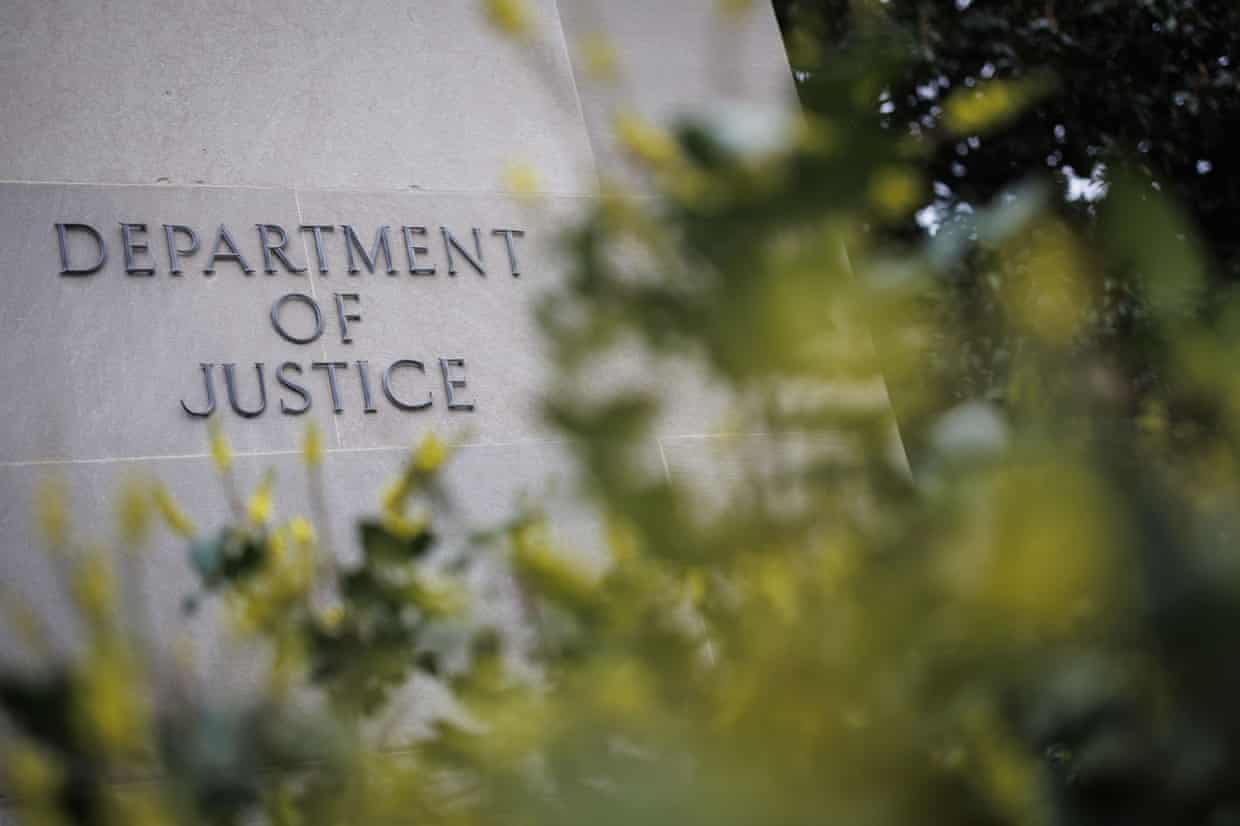Ukraine is actively seeking to revitalize its film industry by introducing a cultural fund and cash rebates aimed at attracting international film productions. Andrii Osipov, the head of the Ukrainian State Film Agency, announced these initiatives during a session titled “Filming in Ukraine 2026” at the Tallinn Black Nights Film Festival on December 1, 2023. His remarks came amid ongoing challenges posed by the war following Russia’s invasion in February 2022.
Despite the conflict, Osipov reported that between December 2024 and the end of this year, approximately 50 homegrown film productions have been completed. “This year, 50 Ukrainian films will be finalized,” he stated, emphasizing the significance of this output for the national film sector. Some projects began production prior to the war and have since received additional funding to complete their work.
The push to foster the film industry includes a proposed 50 million euros (approximately $57.5 million) fund for movies, theater productions, and other cultural initiatives. This plan is part of an initiative proposed by President Volodymyr Zelensky. Osipov indicated that the fund would allocate about 70-90 percent of its total to Ukrainian producers, with the remainder directed towards international co-producers.
Osipov also highlighted the anticipated launch of Ukraine’s first cash rebates program for international productions, expected to begin in early 2024. This program aims to offer a 25 percent rebate on qualified expenses, with an additional 5 percent available if specific cultural criteria are met. “We want the Ukrainian film industry to develop, and we want to develop together with the whole world,” he said.
Despite these optimistic developments, the ongoing war presents significant challenges for filmmakers. Osipov explained that filming must cease during air raids and that blackouts have recently posed additional obstacles. “Without electricity, the production process is paused, and that especially influences the post-production period,” he noted. The mobilization efforts in Ukraine have also led to a shortage of professionals in the industry, with instances of individuals being called to service directly from film sets.
At the same event, Oksana Chornobryvtseva, the deputy head of the Association of Regional Film Commissions of Ukraine, reinforced the message that Ukraine remains open to supporting production efforts, even in the face of wartime conditions. “There are 10 regional film commissions that continue their work across the country,” she said, emphasizing the commitment to assist both Ukrainian and foreign productions.
Chornobryvtseva also cautioned foreign producers about potential delays due to the ongoing conflict. “Border crossings may take extra time due to passport control and security checks,” she explained. She further pointed out that damaged infrastructure could disrupt transportation schedules, and she advised that planning should account for the unavailability of geolocation services during emergency alerts.
These initiatives and insights reflect Ukraine’s determination to sustain and grow its film industry despite the ongoing challenges. The expected financial support and incentives aim to position the country as an attractive destination for international film productions, fostering both artistic expression and economic resilience.







